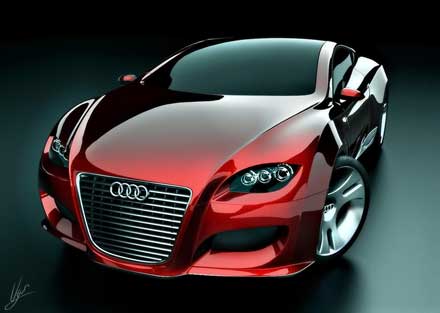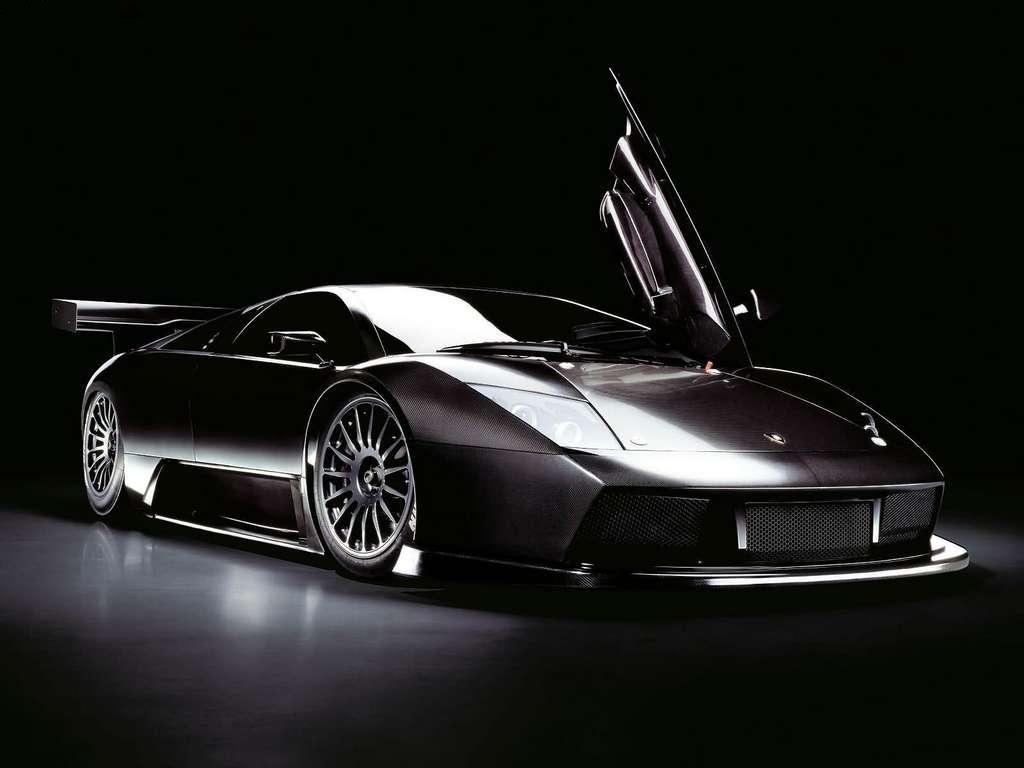
US automakers are finally getting on the small car bandwagon with cars like the Fiesta, nex-gen Focus, and Chevy Cruze. While the Focus is already well-established and the Fiesta comes with a lot of Euro-cred, Chevy has some important steps to take with the Cruze (its third compact nameplate in six years after the Cavalier and Cobalt).
The brand needs to reinvent its small car's image for the 21st century to that of a higher quality car and not just the lowest common denominator; quality and reliability, which still have to be proven over time, are a must.
After years of cost cutting in quality and features and selling stripped vehicles basted in incentives simply to move product, GM will attempt to up its game with the Cruze.
It'll be a $17,000 car as a replacement for the outgoing $15,000 Cobalt and be about $1,500 more than the Japanese competition (and around $3,000 more than the current Korean compact sedans). How could they possibly do it? Chevy will improve standard features and quality of materials across the board.
 The idea is to pursue the same strategy applied to the Malibu: charge more, give larger discounts, and still have a higher transaction price than cars like the Accord and Camry. According to WSJ, the average transaction price for a Malibu is $24,123, which is $1,115 more than the Honda Accord's and $781 more than Toyota's Camry.
The idea is to pursue the same strategy applied to the Malibu: charge more, give larger discounts, and still have a higher transaction price than cars like the Accord and Camry. According to WSJ, the average transaction price for a Malibu is $24,123, which is $1,115 more than the Honda Accord's and $781 more than Toyota's Camry.
Slowly raising prices has helped GM bring in $2.8 Billion in revenue in the first quarter of 2010, increasing confidence in its commitment to paying back American taxpayers.
After the well-played Malibu, the Cruze will be step 2 in bringing more attention to its car lineup. Next, the Impala likely gets a redesign in 2013 and should ride on the so-called / rumored Super Epsilon platform; if so, it will get V6 and hybrid power and available all-wheel drive. Hopefully it will show up looking like a proper modern car, maybe even something along the lines of 2003's Chevrolet SS concept.
By Phil Alex
Source: WSJ































